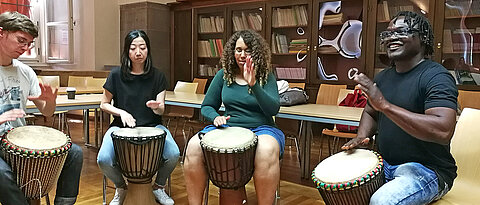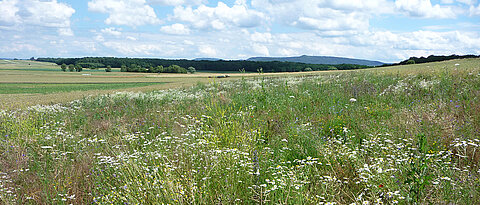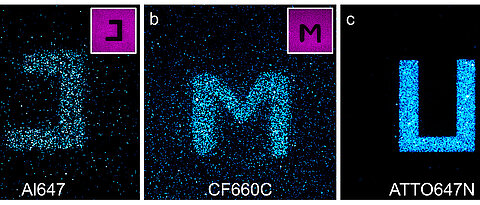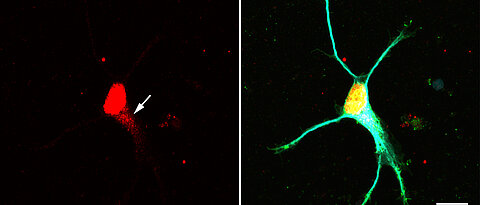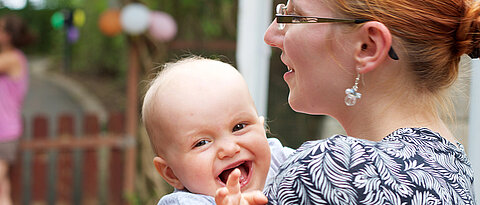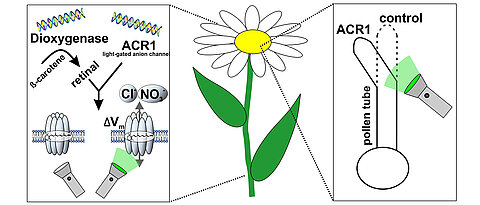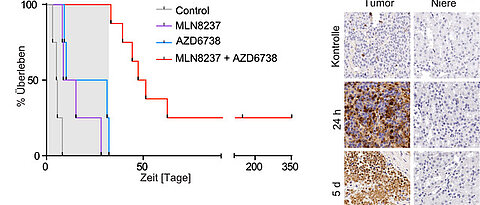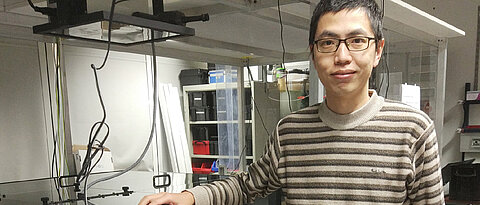Spin Defects Under Control
04/06/2021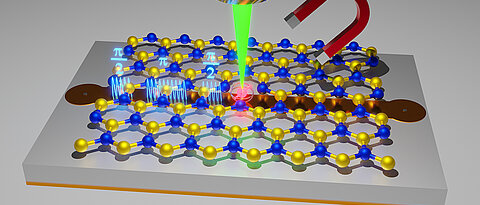
An international research team has made progress towards improved materials for quantum sensor technology. Medicine, navigation and IT could benefit from this in the future.
more

![[Translate to Englisch:] During drought, the signalling molecule GABA is produced and inhibits the opening of leaf pores (left). If the enzyme GAD2, which converts glutamate to GABA, is genetically switched off, the pores remain open even during drought - the plants lose more water (centre). If the gene for GAD2 is reintroduced into the closing cells, the defect is reversed. The experiment shows that the sphincter cells autonomously perceive stress and react to it with GABA production.](/fileadmin/_processed_/8/6/csm_12hedrich-gaba-www_c439cb08b7.jpg)
![[Translate to Englisch:] Violet light triggers a signalling chain in the light sensor protein switch-Cyclop, blue or green light stops the chain. At the end, the production of the signalling molecule cGMP is regulated by the enzyme guanylyl cyclase (GC).](/fileadmin/_processed_/2/f/csm_12nagel-bmcbiology-www_a6d777b6fa.jpg)
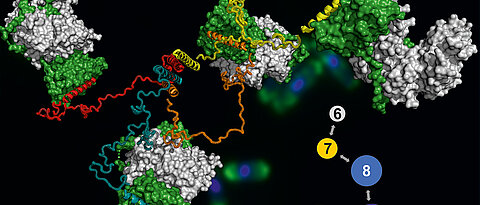

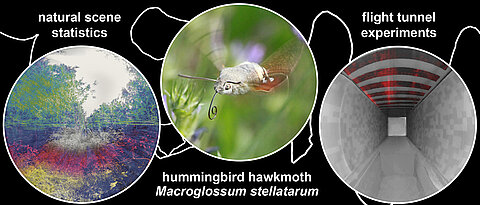
![Quantum physics with a cat: a mobile phone game is designed to whet children's and young people's appetites for physics. (Photo: Philipp Stollenmayer) [Translate to Englisch:]](/fileadmin/_processed_/c/7/csm_ctqmat_MobileGame_Picture_AbbildungPhilippStollenmayer_www_6c75880542.png)
